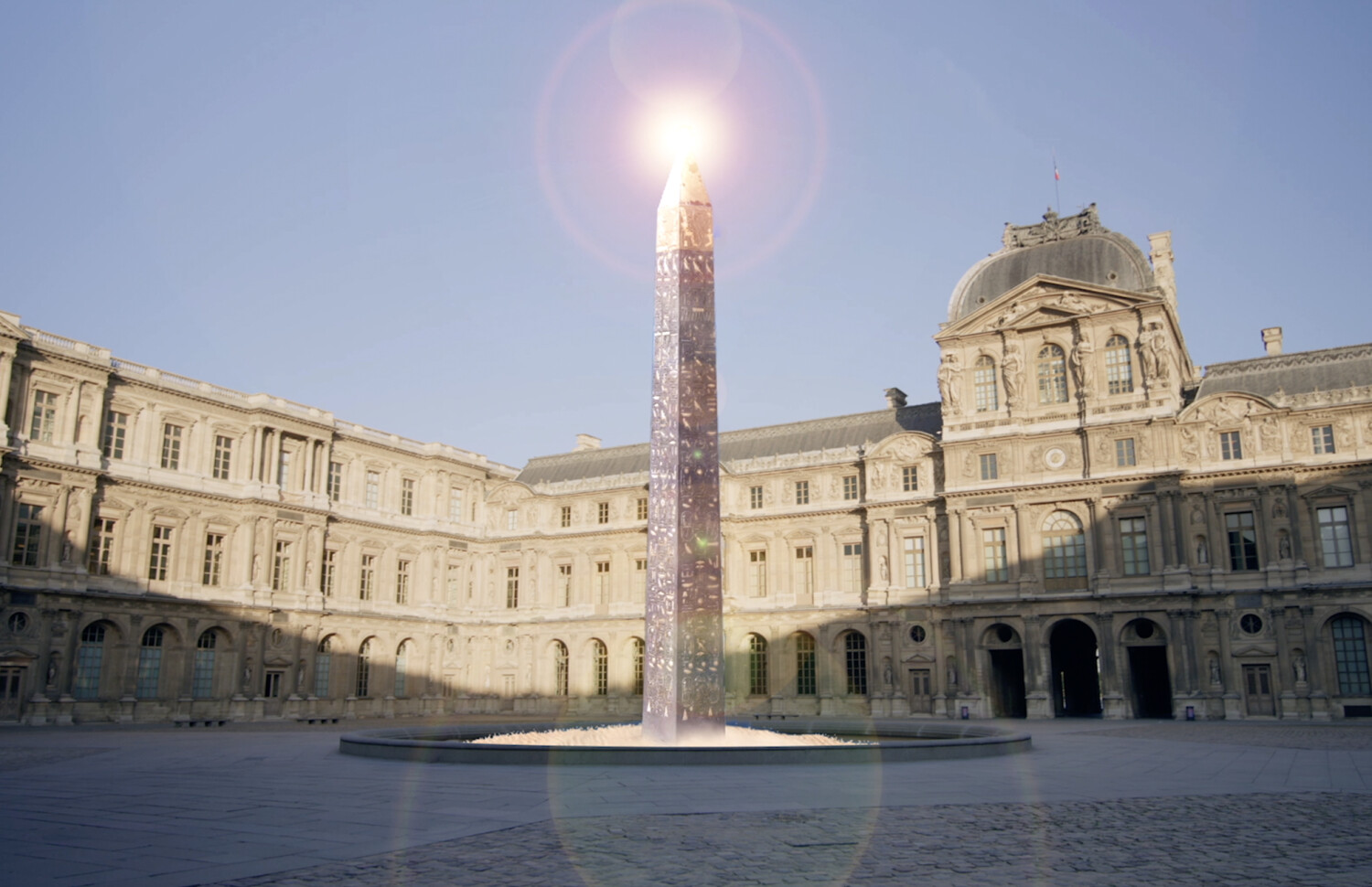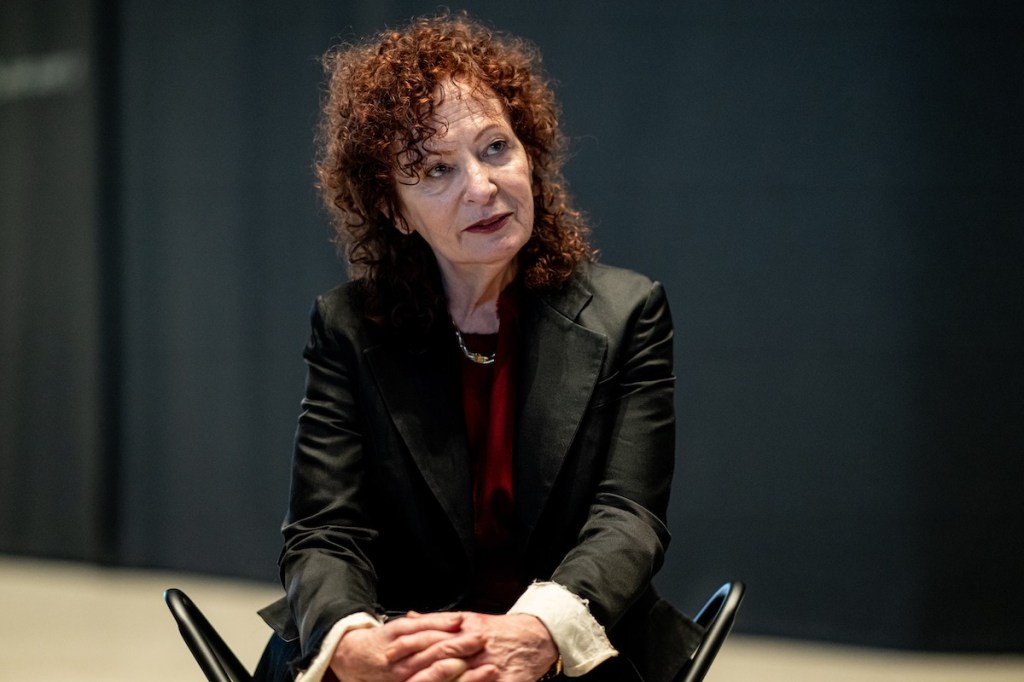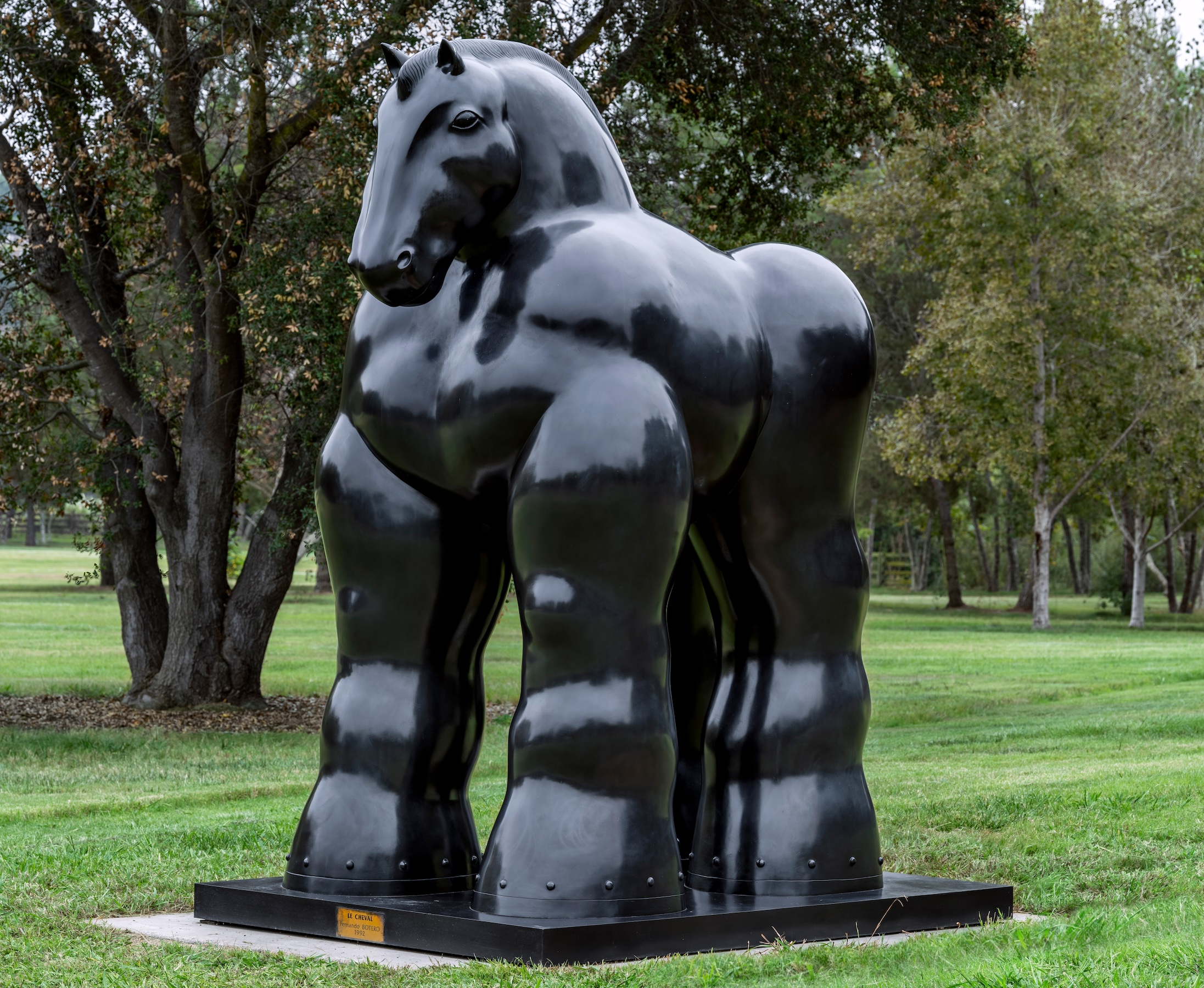Snap, owner of the video messaging app Snapchat, has partnered with the Louvre on a free program called Egypt Augmented, which will give users an interactive deep dive into the museum’s renowned Egyptian treasures using augmented reality (A.R.).
The experience, designed by Snap’s own A.R. Studio, leverages the technology to bring iconic works like the Chamber of Ancestors and the Dendera Zodiac to life in dynamic ways. Viewers scan the QR codes posted near the chosen artworks, open up Snapchat’s camera, and see these ancient artworks in a new light. The technology will virtually restore faded paint, revealing “shapes, materials, colors, and decorations” of selected works that have faded to bare stone over the years, according to the press release.
“I’m delighted to be working with Snap’s A.R. Studio on this unique experiment in augmented reality,” said Laurence des Cars, the museum’s president-director, in a press announcement. “This fascinating plunge into the beauty of ancient Egyptian masterpieces is also a fantastic discovery and mediation tool for all our visitors.
“This successful collaboration underlines the extent to which these new technologies can support the Louvre in its missions, so that it remains a place where people are astonished, where they learn to see, and where knowledge is transmitted in a different way,” she said.
Take the Dendera Zodiac, for example. Astrology fans can watch the ceiling relief as it animates itself in 3D, as a lesson on its meaning and uses unfurls. Or the Naos of Amasis, where a faded bas relief will be digitally restored, allowing visitors to understand what it looked like in its glory days.
The Chamber of Ancestors as seen through Snapchat, thanks to an augmented reality program with the Louvre. Courtesy of the Louvre.
Donatien Bozon, of Snap’s A.R. Studio, said this project demonstrates that the company is “dedicated to educating and inspiring the world about the possibilities of augmented reality in art, education and culture.” He points out in the press release that more than 250 million people worldwide engage with Snapchat’s A.R. each day.
“Through these augmented reality experiences, we wanted to offer new perspectives for cultural contemplation at the Musée du Louvre,” Bozon said, “by offering visitors an interactive and immersive experience that deepens their discovery of the artworks.”
More Trending Stories:
Four ‘Excellently Preserved’ Ancient Roman Swords Have Been Found in the Judean Desert
Follow Artnet News on Facebook:
Want to stay ahead of the art world? Subscribe to our newsletter to get the breaking news, eye-opening interviews, and incisive critical takes that drive the conversation forward.








